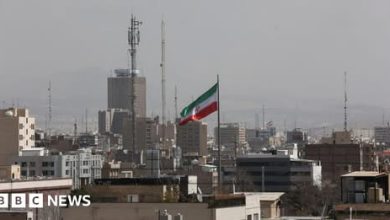UNILEVER SAYS GLOBAL CONSUMPTION WILL REMAIN DEPRESSED
Consumer goods maker Unilever Plc expects global consumption patterns to be suppressed in the first half of this year, even as business returns to normal in East Asia and markets in Africa and Latin America show resiliency, its chief executive told Reuters.
“We still hold that the first half of this year will be a continued period of suppressed consumption … with that starting to come back in the second half of this year and then next year,” Chief Executive Officer Alan Jope said in an interview at the Reuters Next conference on Wednesday.
The maker of Dove soap, Hellmann’s mayonnaise and Tresemme shampoo withdrew its annual sales growth target in April and Jope said he was still wary of making any predictions about its future business due to the fluidity of the COVID-19 pandemic.
However, he said the company would grow ahead of the broader market and he does not expect any hits to margins in the near term.
“We would not expect any major setbacks on a margin perspective, but I don’t want to get into a numbers game beyond that until things globally stabilise a little bit,” he said.
The pandemic has boosted sales of packaged food for companies like Unilever, Nestle and Kraft Heinz, though Unilever was hurt by sharp declines in foods served in public places like beaches and restaurants.
Still, there were signs of progress, with Jope saying business was back to normal in East Asia, notably in Singapore and China, and that despite rising cases, Africa and Latin America were showing strong consumption resilience.
“We would not expect any major setbacks on a margin perspective, but I don’t want to get into a numbers game beyond that until things globally stabilise a little bit,” he said.
The pandemic has boosted sales of packaged food for companies like Unilever, Nestle and Kraft Heinz, though Unilever was hurt by sharp declines in foods served in public places like beaches and restaurants.
Still, there were signs of progress, with Jope saying business was back to normal in East Asia, notably in Singapore and China, and that despite rising cases, Africa and Latin America were showing strong consumption resilience.






